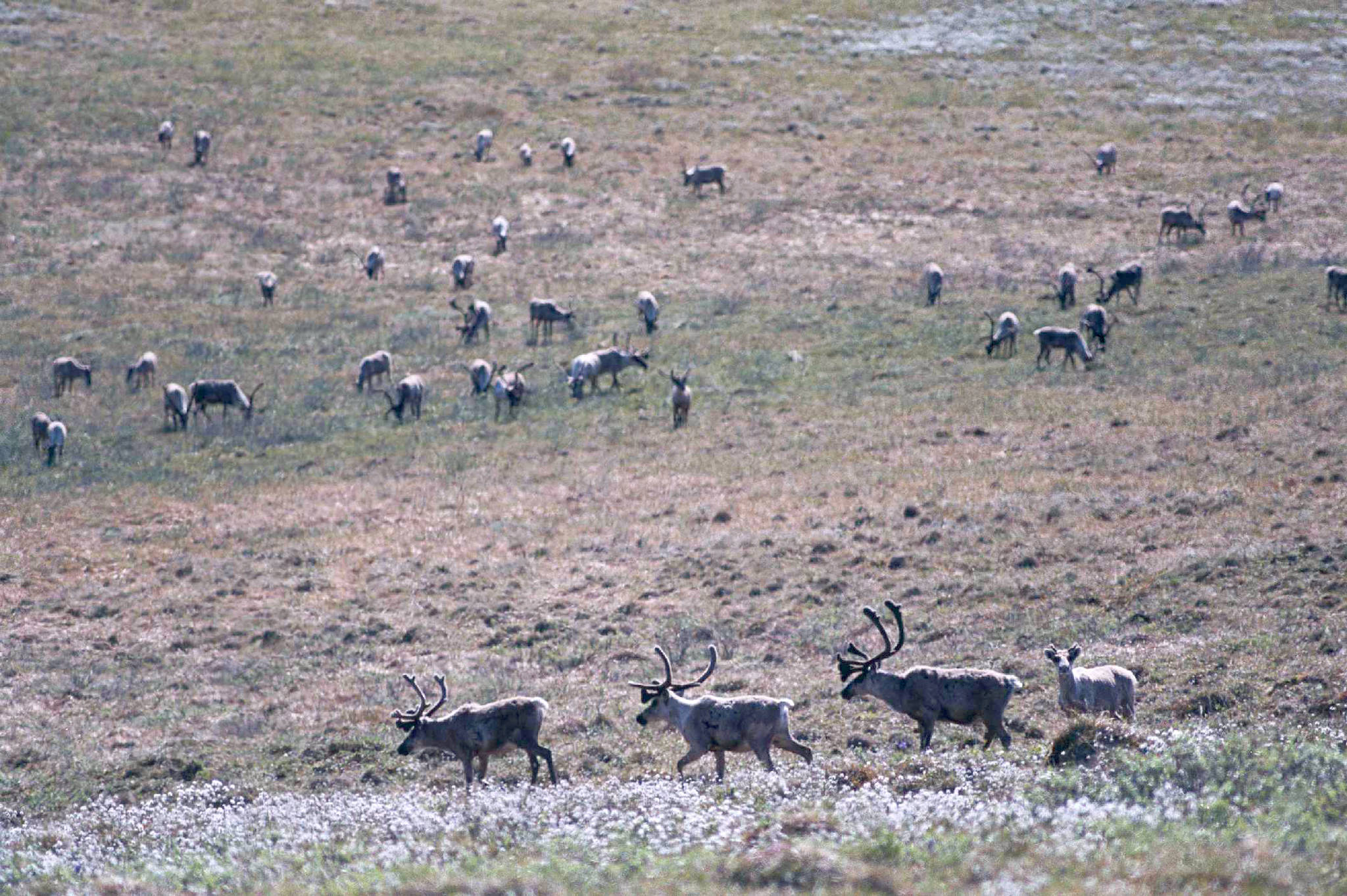By Laura Herman
“It is essential to show special care for indigenous communities and their cultural traditions. They are not merely one minority among others, but should be the principal dialogue partners, especially when large projects affecting their land are proposed. For them, land is not a commodity but rather a gift from God and from their ancestors who rest there, a sacred space with which they need to interact if they are to maintain their identity and values. When they remain on their land, they themselves care for it best. Nevertheless, in various parts of the world, pressure is being put on them to abandon their homelands to make room for agricultural or mining projects which are undertaken without regard for the degradation of nature and culture.” — Pope Francis in his message from the Encyclical Laudato Si’ “On care for our common home,” No. 146
In the spirit of love for this land called Alaska and sensitivity to the interconnected web of all life that live here, we of the Alaska Friends Conference (Quakers), invite you to stand with us in solidarity with the Gwich’in people (see http://ourarcticrefuge.org/take‐action/) the Episcopal Church, and other faith groups in opposition to proposed oil exploration and development in the Coastal Plain of the Arctic National Wildlife Refuge in our nation’s current discussions. Our call rises out of respect and deep concern:
‐ For the Sacred and vital sources of life.
‐ For traditional cultures and people who strive to live in harmony with their natural surroundings.
‐ For the negative impacts that our continued dependency on fossil fuels is having on our climate, our peoples (and native cultures disproportionately,) our life forms and our lands.
We ask friends around the world to join us in prayerful support and urgent acts of advocacy.
Unlike other areas of the North Slope currently developed for oil extraction, the Arctic National Wildlife Reserve lies within an area known as ““Iizhik Gwats’an Gwandaii Goodlit,” (“The Sacred Place Where Life Begins”) to the Gwich’in people who have subsisted on the areas’ resources for thousands of years. The Porcupine Caribou Herd, the foundation of the Gwich’in people’s subsistence culture and way of life, uses this area for birthing and nursing their young. For the Gwich’in People, the Arctic National Wildlife Refuge was created in part because this area is sacred.
We live in challenging times in Alaska; acutely aware of the devastating instability of our climate yet largely dependent on the fossil fuel development that drives it. In Alaska Friends Conference, we see the injustice and unsustainability in this balance. We seek examples for living in harmony with our surroundings, to develop ties and traditions in keeping with this place. We are moved by the deeply rooted knowledge, respect and reverence the Gwich’in people hold for the places where they strive to live. In keeping with Pope Francis’ message above, when Gwich’in people express grave concerns for human impacts on the sensitive ecosystem of the Arctic Refuge Coastal Plain, we receive their concerns with no less weight than we would hear Catholics speak of the Vatican, or Jews of Jerusalem, or Muslims of Mecca or any other people with regard to their sacred, tradition‐ and culture‐bearing sites. We are moved to accompany them.
We recognize that not all Alaska Native groups are of a single mind on this issue. In the absence of clear consensus, we are ultimately left to discern a path forward based on our own principles and understanding of Truth. In discouraging further oil extraction, in protecting the Arctic Coastal Plain and the Porcupine Caribou Herd that is dependent on this area, in standing with the Gwich’in Nation, which encompasses both Alaskan and Canadian villages and other Alaska Natives and residents who have deep spiritual and cultural ties to this same area, this call reflects our understanding of Love in the Greater Good.
Please, join us in prayer and advocacy. We would be happy to answer questions, or for further information, contact the Gwich’in Steering Committee directly at http://ourarcticrefuge.org/.
• Laura Herman is presiding clerk for the Alaska Friends Conference (Quakers). This piece was submitted on behalf of the AFC. Columns, My Turns and Letters to the Editor represent the view of the author, not the view of the Juneau Empire. Have something to say? Here’s how to submit a My Turn or letter.

